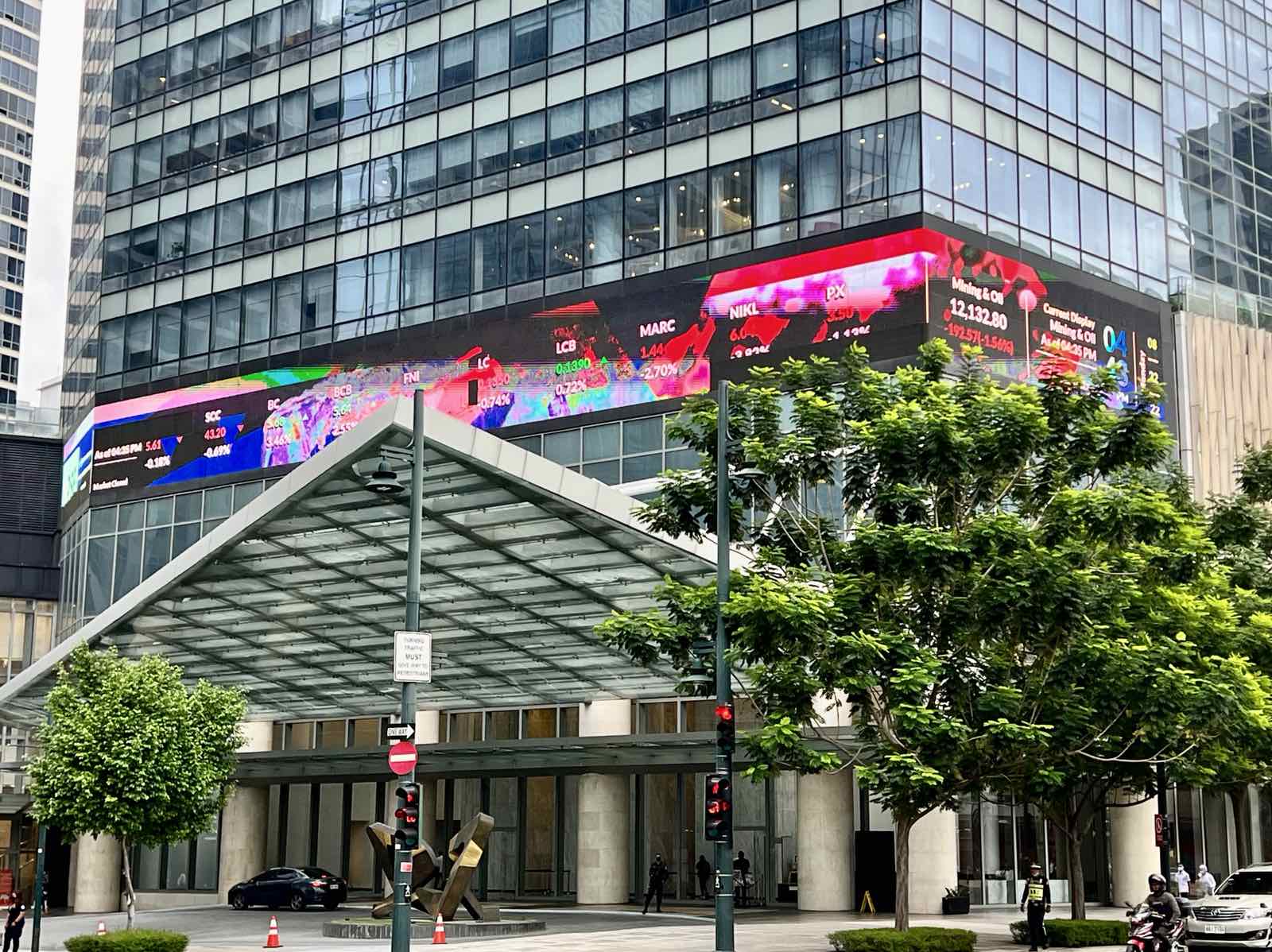
LAWYER Jesus Sale Jr., vice president for internal affairs of the Associated Marine Officers and Seamen's Union of the Philippines (Amosup), was appointed by President Ferdinand Marcos Jr. as a board member of the Social Security Commission (SSC) representing the workers' group at the Malacañan Palace last March 27.
SSC is the governing board that directs and controls the Social Security Services (SSS). It comprises the Secretary of Labor and Employment, the SSS president and CEO, and seven appointive members, with three representing the workers' group, three representing the employers' group, and one general public representative.
In an interview with The Manila Times, Sale expressed his determination to safeguard the workers' money through integrity and priority projects.
"Learning of the appointment, I also felt the weight of the responsibility which the position entailed. What is involved in the day-to-day business of the SSS and of the commission is workers' money, which has been entrusted to the government for the benefit of the SSS Members and their family members. Coming from a labor union, I can only understand too well how important it is to safeguard workers' money, which was earned through the blood, sweat, and tears of our working men and women in the private sector," he said.
He also lauded the concurrent SSC leadership and its social safety net program for all workers, including overseas Filipino workers (OFWs) and seafarers.
"This was through the Social Security Act of 2018 (Republic Act 11199), which introduced the needed changes that made the System more effective and responsive to the needs of our workers," he said.
Future-proofing Filipino migrant workers
"Having said that, we need to learn from the lessons of the recent past of global pandemics, regional wars and conflicts, and natural disasters in the workplaces of our OFWs and make the system of benefits more resilient and responsive to these challenges. In other words, how do we future-proof our institutions like the SSS?
"For us in the global maritime sector, there is the need to adapt to the future impact of a decarbonized shipping industry. Our seafarers will need assistance in re-training and re-tooling for their continued employment. New technologies and know-how will determine whether Filipino seafarers will continue to be recruited and retained by maritime employers.
"And, in the event that our people are no longer employed, that is the time when our social safety nets become extremely important. We can imagine that this could also happen in the case of other OFWs in the face of developments in AI technology, digitization, and automation," he explained.
Amosup as training ground
Before his appointment with the SSC, Sale was also the administrator of various Amosup trust funds, its Mariners' Home president, and corporate secretary of the Maritime Academy of Asia and the Pacific.
These various appointments, including a close mentorship with Amosup's late founder, Capt. Gregorio Oca prepared Sale for the demands and expertise his new position entails.
"One of the earliest assignments I got from the late visionary 'Father of Philippine Seafaring,' Capt. Gregorio Oca was to study and advise him on the drafting of the provisions of what would later become the Maritime Labor Convention (MLC). In 2003, there were several preparatory tripartite technical working group meetings at the International Labor Organization (ILO) in Geneva, where I assisted him until the adoption of the MLC in 2006.
"One of the core principles that had to be included in the MLC was to require ratifying governments to cover all seafarers, regardless of nationality, with at least three of the nine branches of social security protection, which are medical care, sickness benefit, unemployment benefit, old-age benefit, employment injury benefit, family benefit, maternity benefit, invalidity benefit and survivors' benefit. So that meant we in Amosup had to learn whether the Philippines would be able to comply with that requirement," he shared.
Sale said his time with Amosup exposed him to negotiating collective bargaining agreements (CBAs) with foreign employers and unions. This entails knowledge of the Bilateral Social Security Agreements between the Philippines and the country of the flag state of the vessels to be covered by our CBAs.
"We needed to know whether there would be any double coverage of benefits for our union members and Filipino seafarers on certain categories of social protection. Indeed, my work experience in Amosup will be very helpful in what I anticipate would be a very interesting and fruitful experience in the commission," he concluded.
Read The Rest at :









